Island on the move
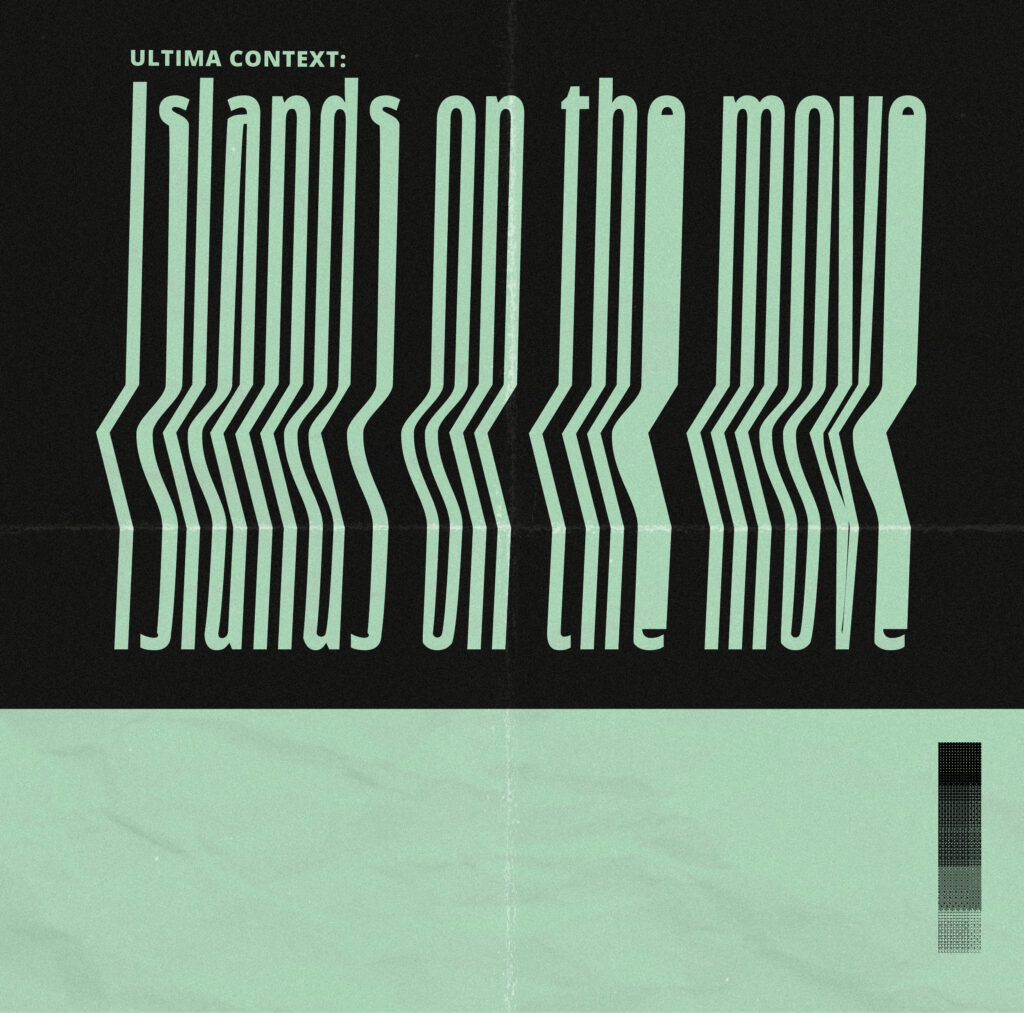
Introduction
We kept going back to ‘structure’. Structure, structure, structure. In every question about the future, we kept coming back to structural issues. To think about structure is to think about deconstructing the silos that delineate and define the way that art is produced in our field. (Peter Meanwell)
Welcome! This is the first of a series of four newsletters we will be producing in the wake of the Islands on the Move Symposium at Ultima Festival 2021. The symposium addressed a number of topics related to the great disturbance and disruption in our field of contemporary music, the COVID-19 pandemic. During the conference, our impression was that these conversations on the future of our field were delicate and just beginning. We therefore decided to create a platform where we could keep these discussions alive in our community, also after the festival itself was over. Over the course of the next 2 months, we will focus on four major categories of discussions, not attempting to ‘boil them down’ into best practices, but rather to continue to confront and live with them. To do this, we will be drawing on materials from across music research, our final harvest panel in Oslo, and the Taking the Temperature publication we released during the first year of our exchange program.
We hope you enjoy it!
Brandon and Anna
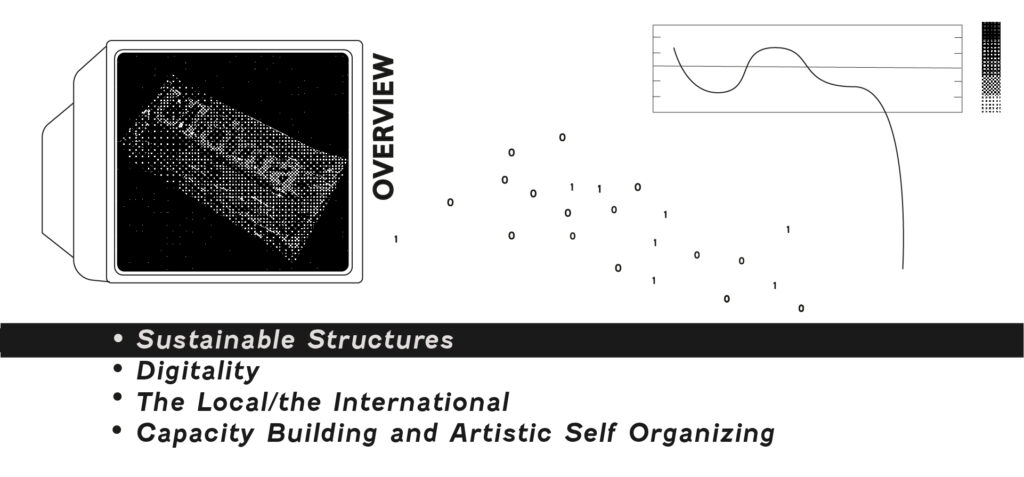
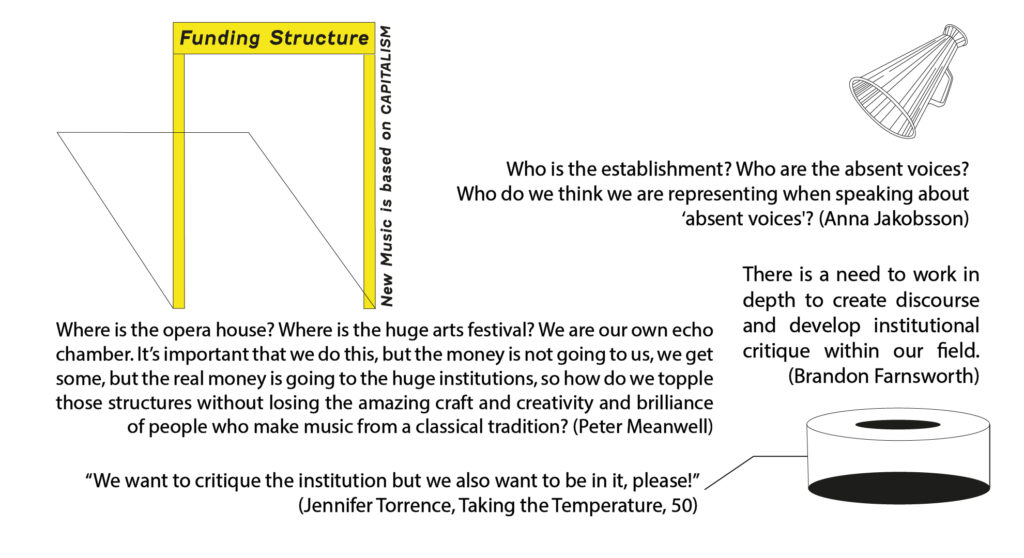
Questions
As already alluded to in the quote by Peter Meanwell above, the very first topic we wanted to address in this series of newsletters is that of structures, as it seems to cut across a huge number of other debates. Contemporary music has traditionally focused on receiving government support for the arts in order to continue to exist, however, we currently seem to be entering a moment wherefrom various perspectives, the relationship between government support for the arts and contemporary music is being reconsidered.

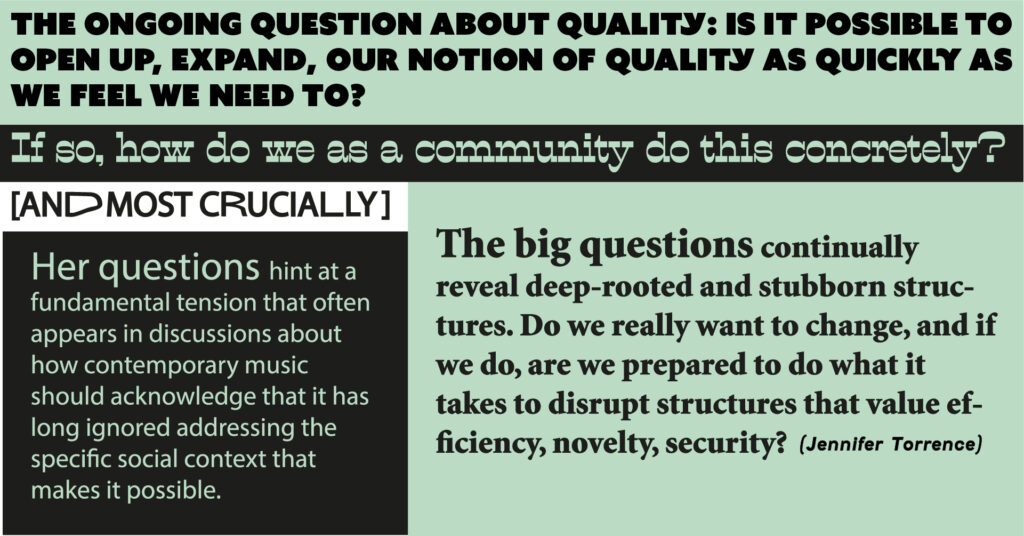
There is on the one hand the feeling that contemporary music is a small, fragile community existing at the margins of society and that ‘opening it up’ would stretch its already scarce resources even thinner. On the other hand, there is the view that contemporary music is fundamentally a colonialist/capitalist art form whose supremacy needs to be dismantled.
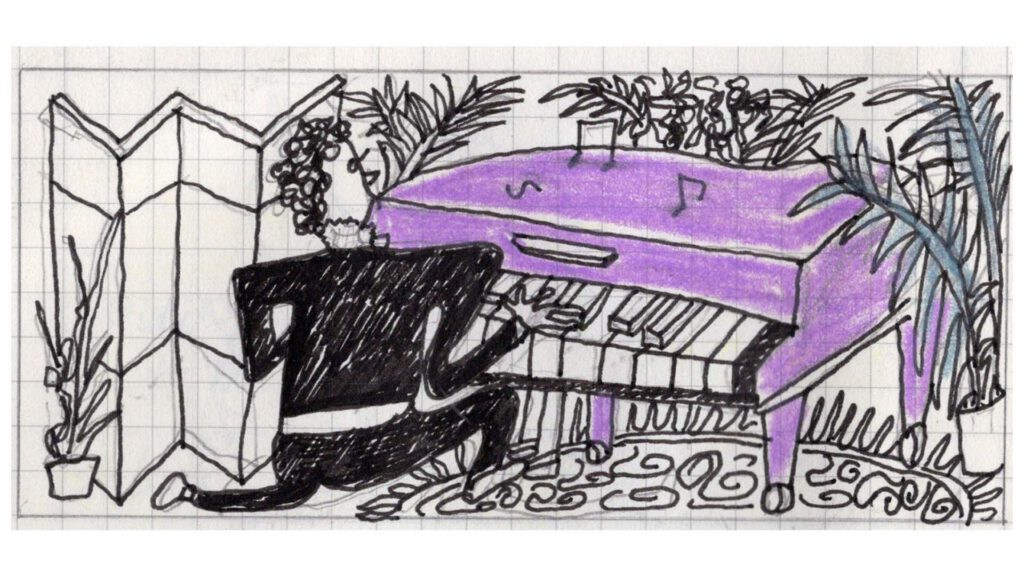
Sanne Krogh-Groth summarized this system during the harvest panel, saying:
“Classical music is colonial and patriarchal, with structures based in the romantic era, and on the idea that European art is the highest art form at all. Back then, we wanted to share that with the rest of the world with the belief that everyone else would benefit from this. That’s what we are working with now, and the background for [contemporary music today].”
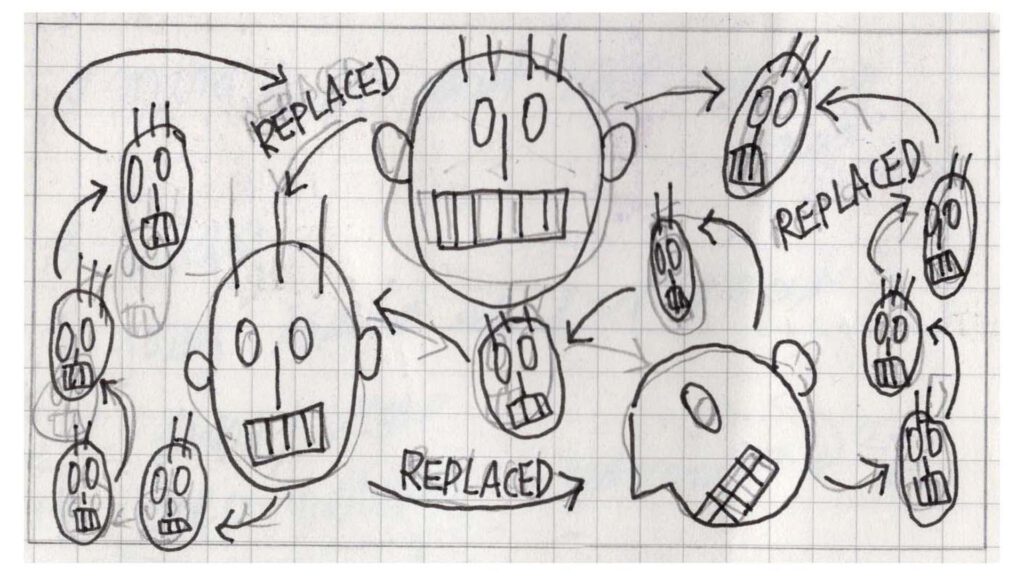
“If we want to avoid those structures, it has some consequences for our own cultural heritage. Whether we’re collectively ready to leave that or not, I’m not sure… and I am not even sure if I am … [The question is also:] if we all say that we step down, then who is taking our seat? […] Are we ready to open the discussion for everyone who wants to take part in it, or do we still want to protect our ‘humanistic’ way of dealing with art’s resources, and the cultural approaches that follows?” (Sanne Krogh Groth)
Sanne’s point once again comes back to structures, and to the dilemma, we presented above: How can we both figure out some way of continuing this musical tradition, while also effectively opening up space for different kinds of musical practice?
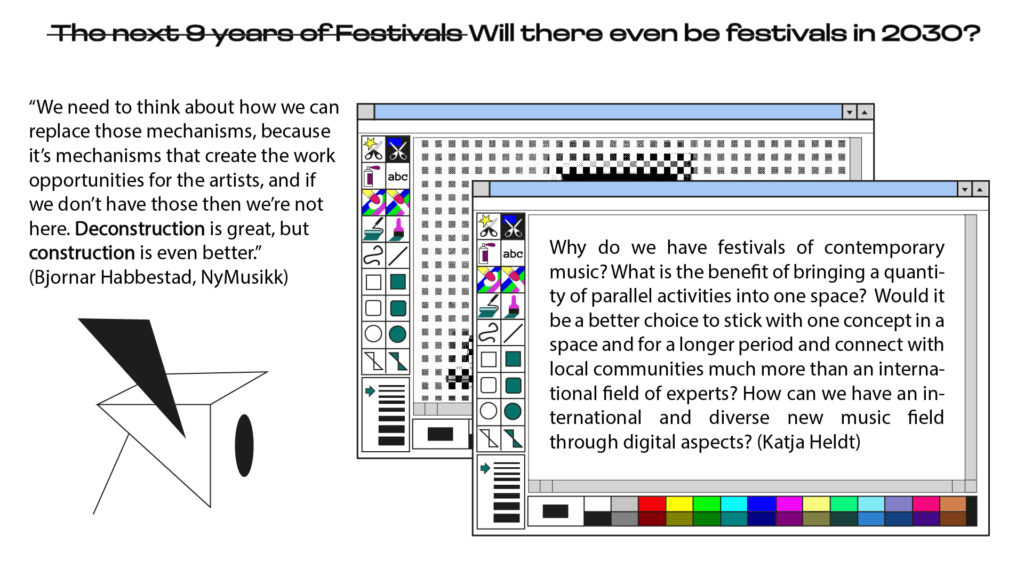
With so much pressure and critique existing around contemporary music festivals, do we really still need festivals in 2030? (Esther Ursem, Musica)
If we want to get rid of festivals, we need to replace that engine with a different set of structures that allow us to produce throughout the year, without the stars, without the attention that is generated from the PR machine that a festival is. (Bjornar Habbestad, NyMusikk)
What could working slower mean in our field?
“As they come to appreciate slower ways of working, artists have also found an unexpected fissure in institutions reliant on their overproduction, opening doors to new forms both of creating and of resisting” (introduction to the Second Expanded Edition of Taking the Temperature)
I think institutions take/took for granted that all of us want to keep working, stay busy and earn money at any cost. By now, I have had enough conversations to know that many independent artists felt a strange sense of relief when things slowed down. […] Many of us feel more creative when not overwhelmed with professional expectations. Many of us want to reflect and take stock. Many of us smirked when capitalism showed its cracks. (Gabriel Dharmoo, Taking the Temperature p. 175)
I felt multiple times that we want the opportunity to continue to go slow [as during the Covid crises], or maybe even slower despite a world that is insisting on speeding up so badly, in spite of the climate report. It’s one thing to stop flying, but how can we stop the insatiable expectation for constant production and reproducibility? (Jennifer Torrence)
How can we lobby for funding structures that allow for something more sustainable that happens in between a larger meeting, or allows us to grow a bit more slowly and locally alongside something global? (Gina Emerson)
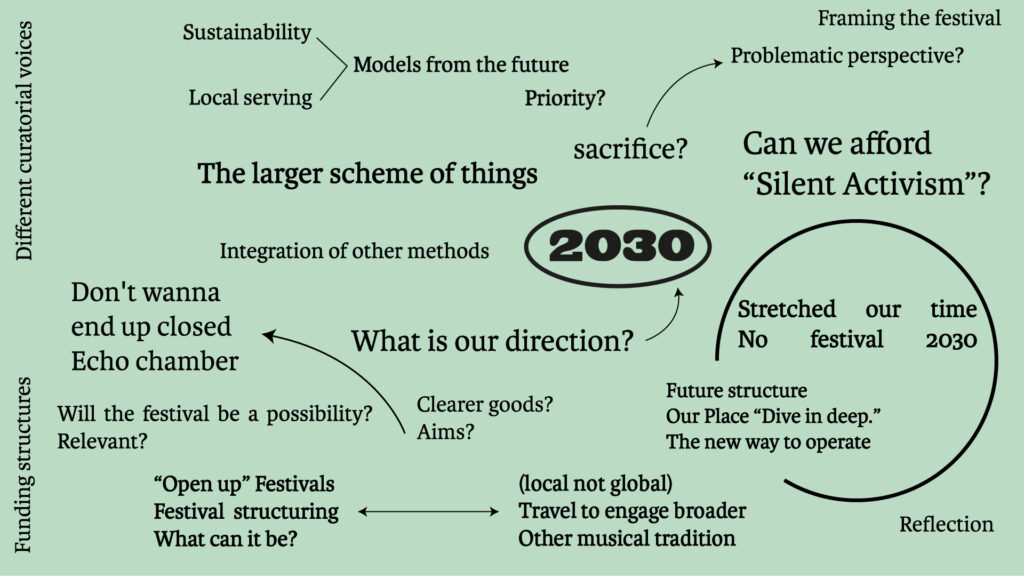
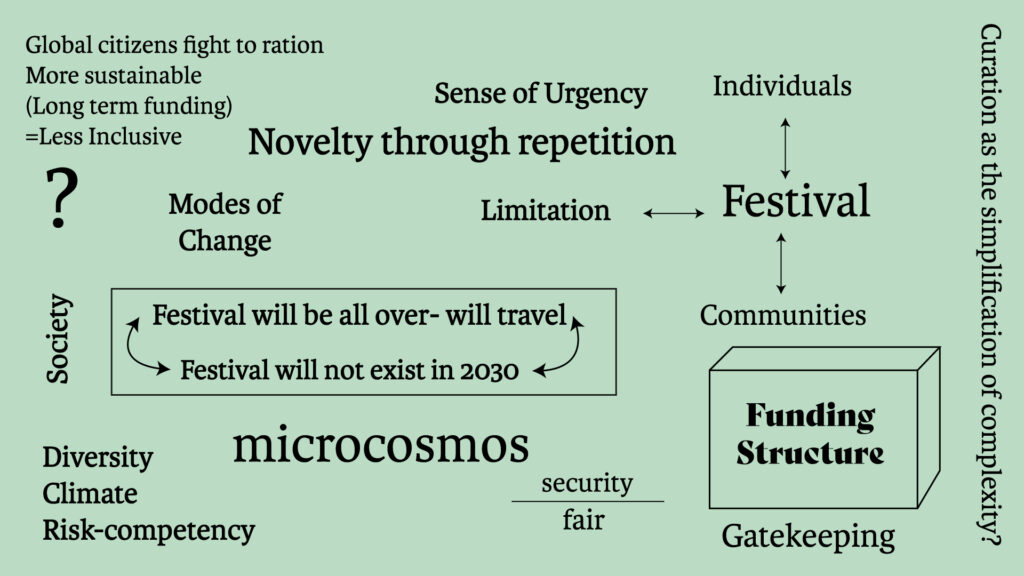
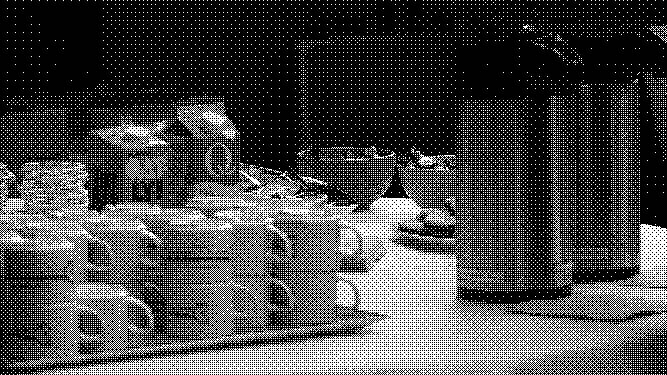
PS: Though we tried, it was impossible to include a comment function in these newsletters, so feel free to respond to the newsletters directly, and we can include your feedback in the next newsletter.